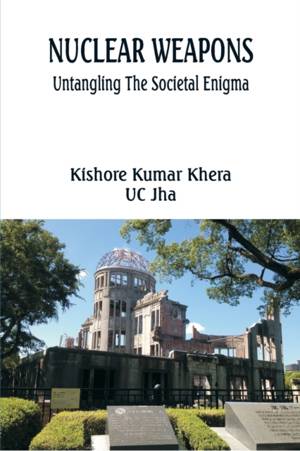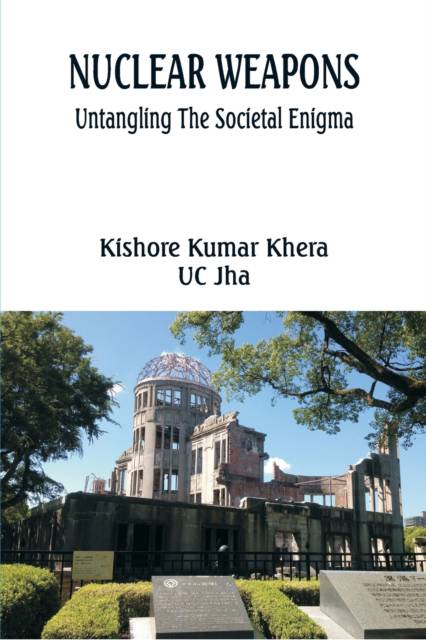
- Afhalen na 1 uur in een winkel met voorraad
- Gratis thuislevering in België vanaf € 30
- Ruim aanbod met 7 miljoen producten
- Afhalen na 1 uur in een winkel met voorraad
- Gratis thuislevering in België vanaf € 30
- Ruim aanbod met 7 miljoen producten
Zoeken
€ 47,45
+ 94 punten
Uitvoering
Omschrijving
An era of qualitative and quantitative expansion of nuclear arsenal began immediately after the Second World War. Today, with thousands of nuclear weapons deployed by multiple states including not so stable regimes and a possible access to non-state actors, threat of a nuclear conflagration persists. An accident or a rash decision could trigger an unprecedented man-made crisis. Even testing and storage of nuclear weapons has attendant environmental and human costs. And states continue to spend unprecedented amounts on upkeep and modernisation of nuclear weapons and their delivery platforms on land, air and maritime domain. International treaties and legal frameworks to contain and eliminate nuclear weapons are rather weak and discriminatory. In spite of some regional initiatives for creation of Nuclear Weapon Free Zones or No First Use policies by nuclear weapon owners, humanity continues to live under the dark shadow of a nuclear threat. Is our society looking at the issue in a holistic fashion to find a solution or trying to defer the hard decisions to the next generation? To understand the issue, this book looks at nuclear weapon's impact of various facets of our society including human and environmental costs and further examines the issue of various procedures, processes and legality in this domain.
Specificaties
Betrokkenen
- Auteur(s):
- Uitgeverij:
Inhoud
- Aantal bladzijden:
- 240
- Taal:
- Engels
Eigenschappen
- Productcode (EAN):
- 9789390917785
- Verschijningsdatum:
- 15/02/2022
- Uitvoering:
- Paperback
- Formaat:
- Trade paperback (VS)
- Afmetingen:
- 152 mm x 229 mm
- Gewicht:
- 358 g

Alleen bij Standaard Boekhandel
+ 94 punten op je klantenkaart van Standaard Boekhandel
Beoordelingen
We publiceren alleen reviews die voldoen aan de voorwaarden voor reviews. Bekijk onze voorwaarden voor reviews.











